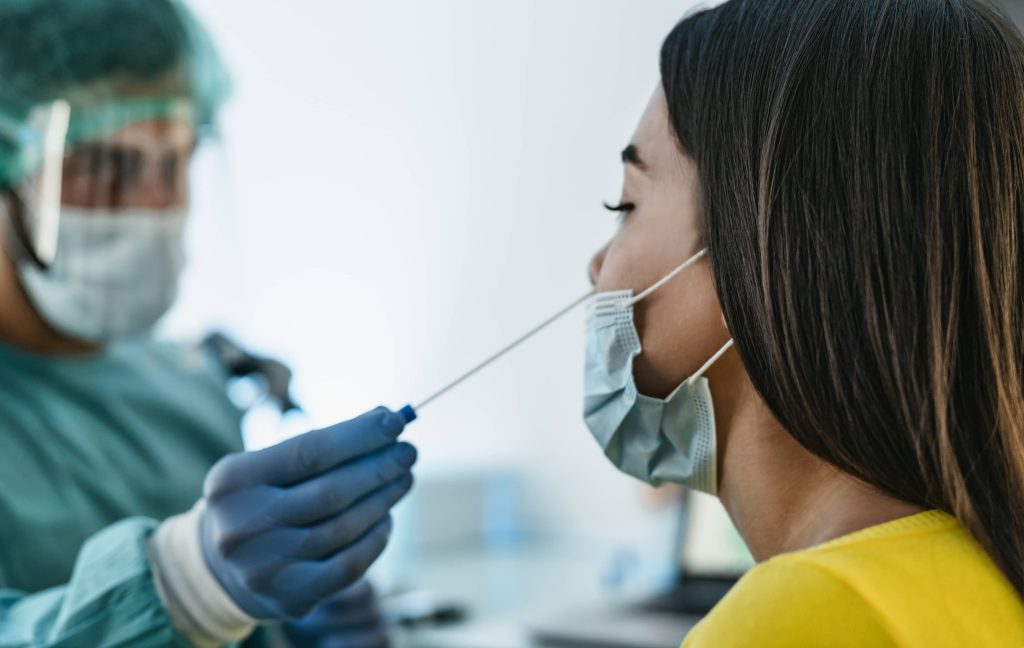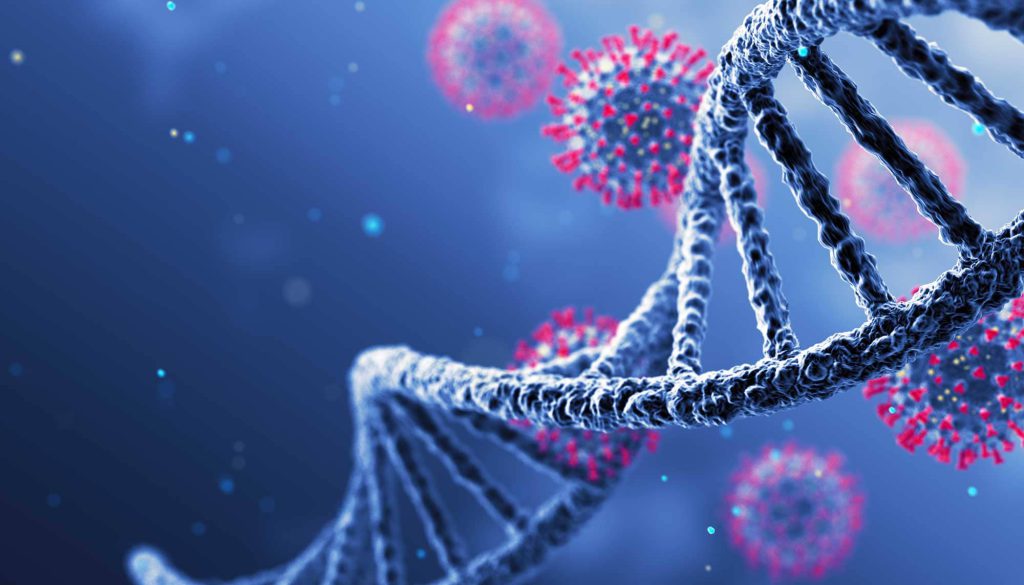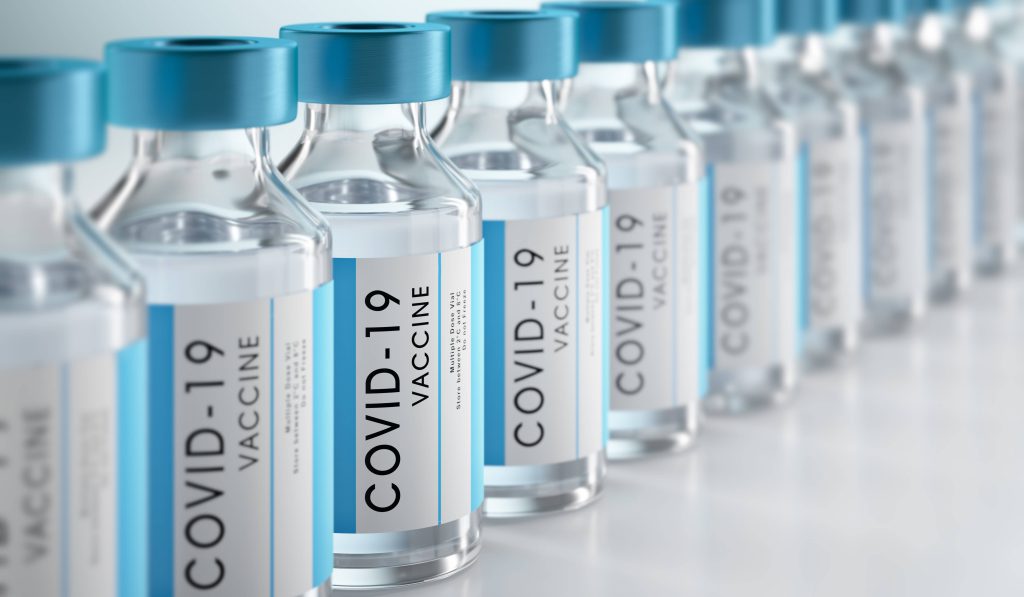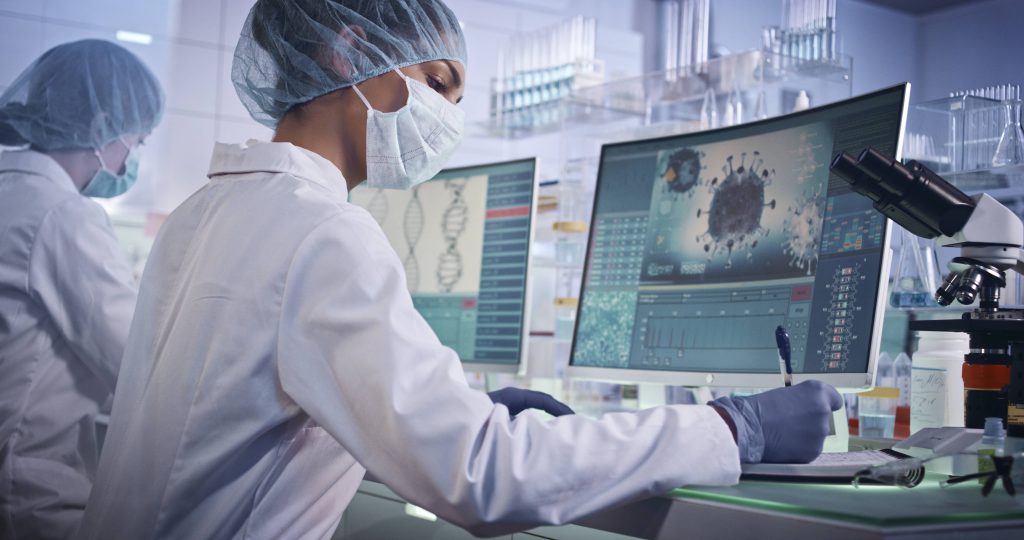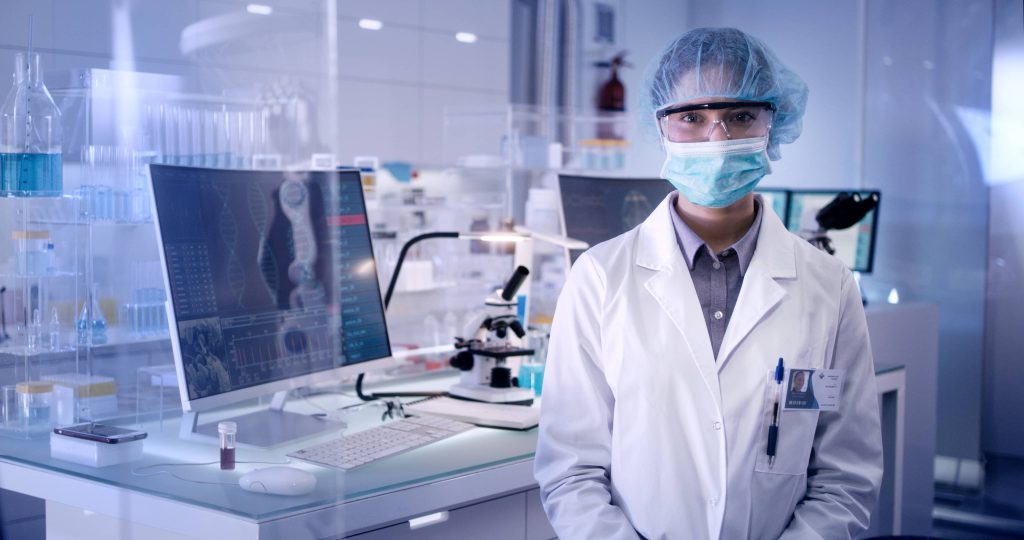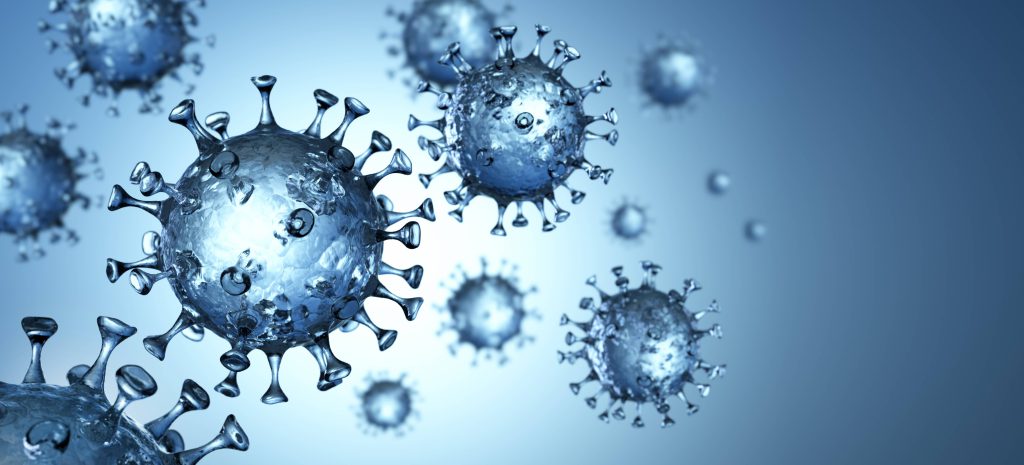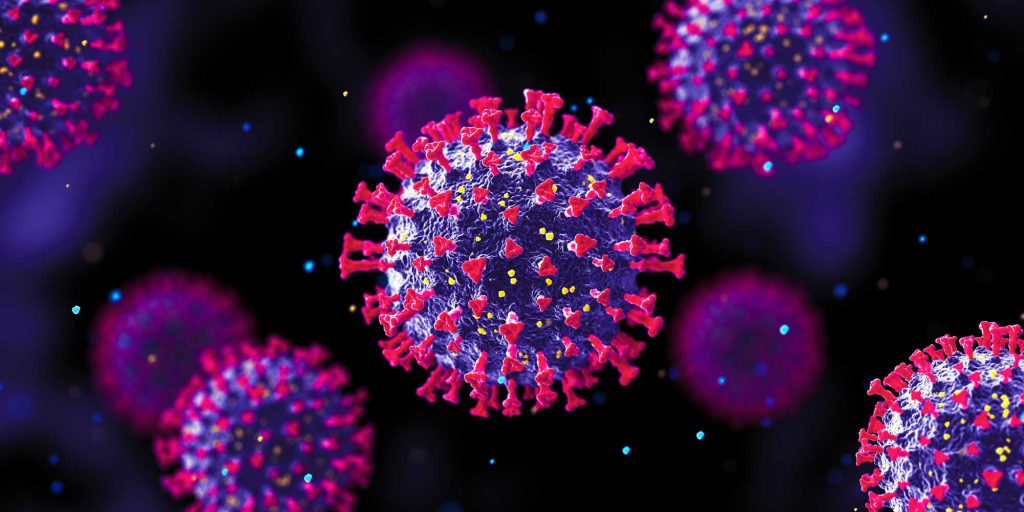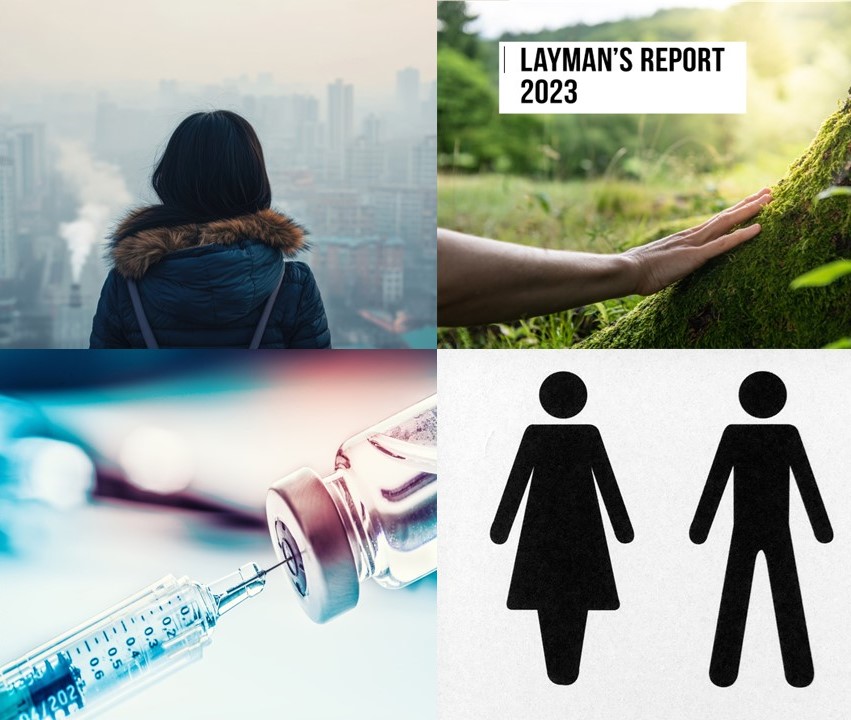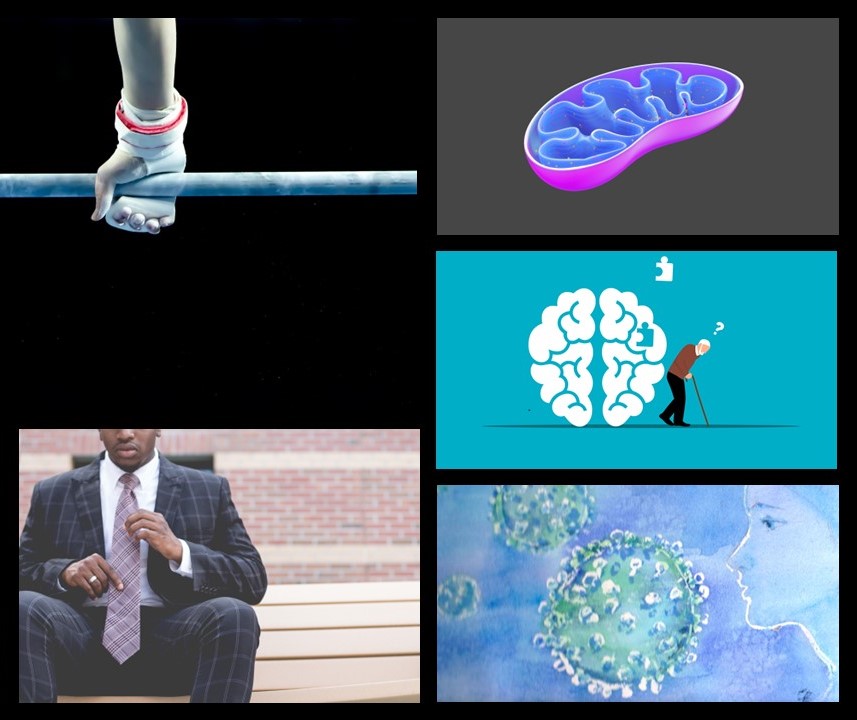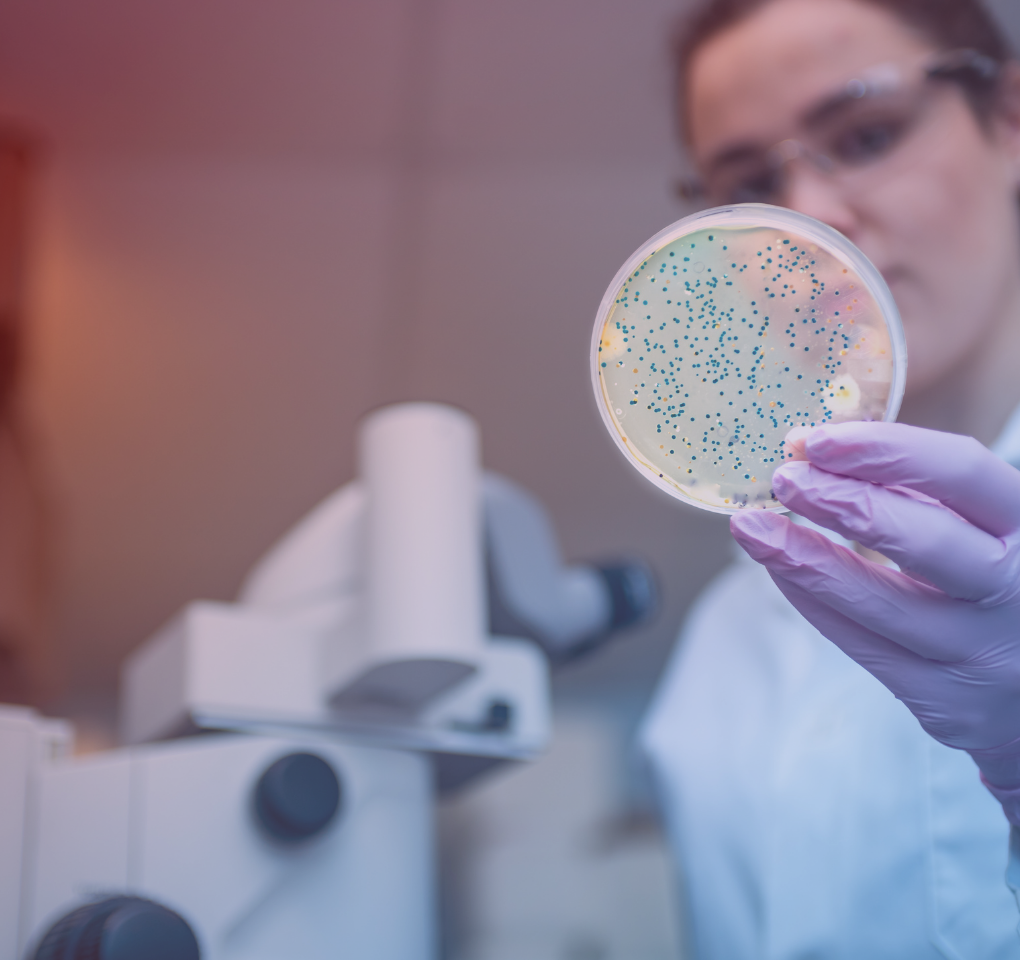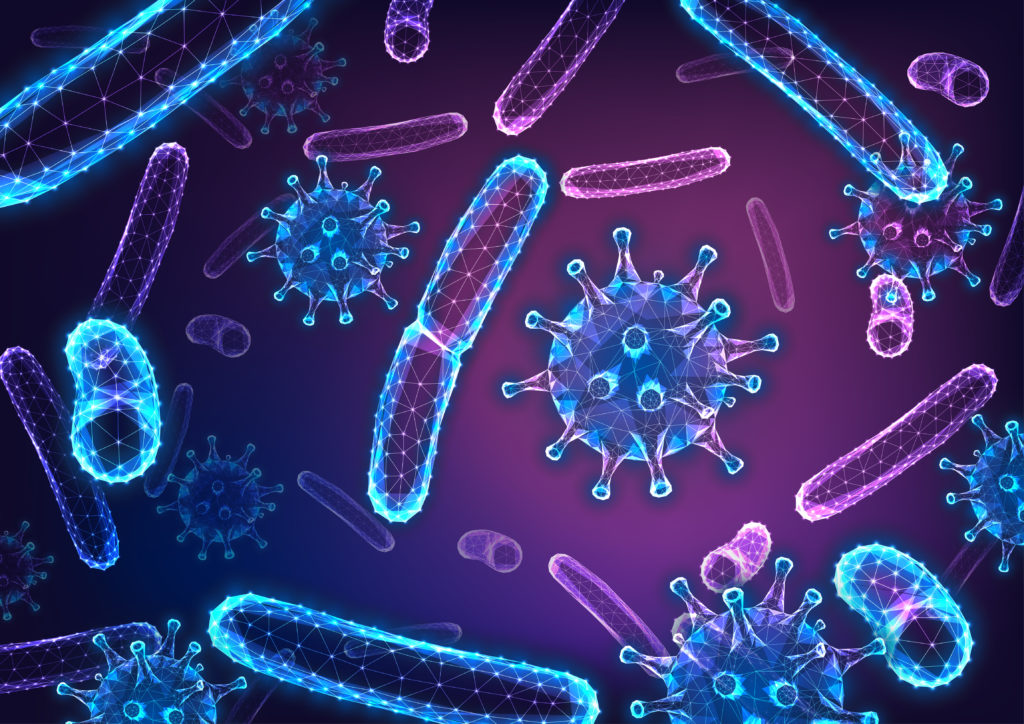Covid-19 Task Force
The COVID-19 Task Force has been set up in order to offer the health system the combined expertise available within the Luxembourg public research sector (LIH, LISER, LIST, LNS, Luxinnovation, University and FNR, under the coordination of the Ministry of Higher Education and Research).
Mission
- Coordinate the provision of support from the national research community to healthcare providers and the government in order to contain the current COVID-19 pandemic.
- Help identify and centralise a variety of priority activities, leveraging on the cross-sectoral expertise in biology, medicine, mathematics, computer science, epidemiology, economics and social science.Be the point of contact between the national research ecosystem, the clinical community and the authorities to foster common projects.
- Be the point of contact between the national research ecosystem, the clinical community and the authorities to foster common projects.
Spokespeople
Spokesperson : Ulf Nehrbass (LIH)
Deputy Spokesperson : Paul Wilmes (UL, LCSB)
Team
Frank Glod (LIH)
Henry-Michel Cauchie (LIST)
Lars Geffers (LIH)
Jasmin Schulz (LIH)
Projects
Work packages
CROSS-SECTIONAL STUDY ON INFECTION PREVALENCE IN LUXEMBOURG
Team leader
Rejko Krüger (UL, LCSB, LIH)
Identifying symptomatic and asymptomatic carriers of SARS-CoV-2 is crucial in order to provide insights into the dynamics of the pandemic and implement effective measures to halt the spread of COVID-19. The cross-sectional study ‘COvid-19 National survey for assessing VIral spread by Non-affected CarriErs’ (CON-VINCE) aims to provide comprehensive information on the prevalence, dynamics and penetrance of the infection within the Luxembourg population by systematically testing three categories of asymptomatic or mildly symptomatic individuals using clinical, epidemiological, psychological and biological assessments.
A representative panel of approximately 1,500 participants (>18 years old) will be included in the study and tested for SARS-CoV-2 by reverse transcription quantitative polymerase chain reaction (RT-qPCR). Positive cases will be differentiated into symptomatic and asymptomatic, whereas asymptomatic carriers will be followed up longitudinally together with COVID-19 free individuals. The analyses will initially be carried out on collected blood samples and nasopharyngeal swabs, and subsequently extended to other sample types.
PREDICTIVE MARKERS FOR COVID-19 SEVERITY
Team leader
Laetitia Huiart (LIH)
The symptom severity of COVID-19 can vary tremendously from patient to patient: while some people do not show any or only very mild symptoms, others show severe or even life-threatening respiratory problems. The main objective of this study is to identify clinical, epidemiological (age, sex, etc.) and molecular (omics) characteristics associated with the severity of COVID-19, which could be used to categorize the study population into subgroups of disease severity with similar pattern and disease course. In addition, study participants will be followed over the course of up to one year to assess health consequences of COVID-19. Studying patients in detail over a longer period of time will also allow the researchers to describe the evolution of symptoms over time (disease trajectories) after being positively diagnosed with COVID-19. In order to ease remote monitoring of COVID-19 patients, the researchers aim to identify vocal biomarkers associated with respiratory syndromes, fatigue, anxiety or emotions related to COVID-19.
INTERVENTIONAL CLINICAL TRIAL WITH EXISTING DRUGS
Team leader
Laetitia Huiart (LIH)
Guy Berchem (CHL)
Currently, there is no treatment available against COVID-19. Usually, the development of a drug generally takes several years. The repositioning or ‘repurposing’ of existing therapies for alternative disease indications is an attractive approach that can save significant investments of time and money during drug development.
A clinical trial, called ‘Discovery’ and coordinated by Inserm with several partners across Europe, tests treatments against COVID-19 that are based on existing drugs currently used to treat other diseases. It is planned to include 3200 European patients from Belgium, France, Germany, Luxembourg, the Netherlands, Spain, Sweden, and the United Kingdom. The Luxembourg Institute of Health coordinates the implementation of this clinical trial protocol in Luxembourg. The objective of this interventional clinical trial is to evaluate the efficacy and safety of four experimental therapeutic strategies which, in light of the latest scientific information, might be effective against COVID-19. To this end, the researchers compare patients that have received one of the following 5 modalities of care:
- standard of care
- standard of care plus remdesivir
- standard of care plus lopinavir and ritonavir
- standard of care plus lopinavir, ritonavir and interferon beta
- standard of care plus hydroxy-chloroquine
While remdesivir as well as lopinavir and ritonavir are antiviral drugs that have been developed against Ebola virus and HIV infections, respectively; hydroxy-chloroquine is used against Malaria.
Allocation of patients to the various treatment modalities will be randomized, i.e. by random draw, but patients and physicians will know which treatment is used. This is called an open trial. The analysis of treatment efficacy and safety will be evaluated 15 days after inclusion of each patient.
Self-administration of any of these drugs is strictly discouraged and could lead to severe side effects!
DIAGNOSTIC CAPACITY AND LARGE-SCALE TESTING STRATEGIES FOR LUXEMBOURG
Team leader
Markus Ollert (LIH)
The first aim of this work package is to provide capacity support to the hospitals and routine clinical laboratories in Luxembourg in diagnostic PCR testing for SARS-CoV-2. This involves the provision of equipment and manpower as needed as well as help procure necessary reagents.
Another important aspect is the development of an in-house test based on generic reagents in order to be able to extend the testing capacity, or to be able to test when other laboratories are running out of commercial tests or when the virus undergoes mutations which can no longer be detected with commercial tests. Furthermore, the PCR testing for SARS-CoV-2 will be constantly improved to reach optimal diagnostic sensitivity.
The second aim of the work package is the validation and testing of serological and virus-neutralizing immunoassays for detecting effective antibody responses against SARS-CoV-2 in patients and in the Luxembourg population. An own pipeline of SARS-CoV-2 protein antigen expression to be used for immunoassays will be built up, which will allow to remain independent even in a situation where external suppliers would not be able to deliver reagents anymore to Luxembourg.
Together, the PCR-based and the immunoassay diagnostic approach will help develop a cohesive strategy for comprehensive SARS-CoV-2 testing in Luxembourg, which will be needed once the first wave of the pandemic crisis has ebbed down to guide the political decision-makers on when and where public and economic life can be re-opened.
EHEALTH SOLUTIONS FOR HOSPITALISED AND AMBULATORY PATIENTS
Team leader
Damien Dietrich (HRS)
In this work package, a multidisciplinary team including healthcare professionals, a data scientist, epidemiologists and developers will identify potential eHealth solutions that may be used in the context of the pandemic and evaluate them according to their potential impact and complexity of implementation. Promising solutions will be presented to the crisis cell of the Ministry of Health.
The first concrete project is a tool (web-portal, SMS and app), allowing for home monitoring of patient suffering from COVID19. It is currently being piloted before an official launch. Another topic of importance will be an eHealth solution to support infection control during the post confinement phase.
STATISTICAL PANDEMIC PROJECTIONS
Team leader
Rudi Balling (UL, LCSB)
Alexander Skupin (UL, LCSB)
The goal of this work package is to coordinate approaches for COVID-19 statistical projections and their potential support for the healthcare system. Based on data provided by the Ministries, the team has developed a workflow for daily simulations on evolution, impact and spread of the COVID-19 outbreak. For this workflow the researchers will agree on a model, identify relevant datasets and establish a review process before transmission to Ministries.
In the short-term, such modelling projections will inform on the development of the COVID-19 pandemic in Luxembourg and can forecast the burden on the healthcare system. In addition, the researchers are also working on mid-term projections to understand for how long social distancing and other measures need to be in place before people can safely resume their everyday life outside their homes.
GAUGING ECONOMIC IMPACT OF THE COVID-19 OUTBREAK
Team leader
Aline Müller (LISER)
- to develop risk maps and analyse COVID-19 incidence in Luxembourg through the participation of Luxembourg in the Weizmann initiative: identifying with advanced GIS methods the spatio-temporal clustering and spread of SARS-CoV-2 and implications for mental health and well-being. These patterns can be related to environmental attributes such as building density, greenness, shopping and leisure activities. Also, the presence of the coronavirus can be linked to spatial data on health disorders (collaboration with LIH, UL);
- to assess the medium- and long-term macroeconomic impact of the health crisis and the resulting lockdown measure (going beyond the OECD study) on wealth, wealth inequalities and welfare deterioration, and evaluate their distributional effects (in relationship with digital isolation, household vulnerability, unemployment, housing burden) (collaboration with UL);
- to review the discussions around and advise on the appropriate macroeconomic policy responses (collaboration with UL);
- to assess the impact of the substitution of physical activities (e.g. work, shopping, leisure and social interaction) by tele-activities and the impact on mental well-being and sedentary lifestyles will be studied by using an online questionnaire. The current activities during the COVID-19 crisis will be compared with people’s expectations about future behavioural changes and with measurement of their activities after the pandemic (collaboration with LIH, UL);
- to analyze the spatio-temporal use of public spaces before, during and after the COVID-Q9 crisis with advanced Geographic Information Systems-methods. (collaboration with LIH, UL);
- to discuss and guide options for a smooth exit from a lockdown (collaboration with LIH, UL);
- to analyse mechanisms governing long-term effects (populism, change in decision-making/risk attitudes, etc.).
MOBILISING VOLUNTEERS FOR SUPPORT OF HOSPITAL EMERGENCY SERVICES
Team leader
Gilbert Massard (UL)
This work package aims to prepare a list of volunteers with a suitable profile to assist hospital staff and to develop training programmes for these volunteers, including medical and health care students as well as doctors in training of the “Formation spécifique en médecine générale” (medical specialisation in general medicine). The Ministry of Higher Education and Research and the Ministry of Health have revised the regulatory framework to enable the deployment of the latter.
MOBILISING AND COORDINATING PRIVATE PARTNER INITIATIVES
Team leader
Team leader: Sasha Baillie (Luxinnovation)
The first aim of this work package is to collect, channel and consolidate the proposals from companies that have an interesting offer (scientific and /or innovative) in terms of health and research to respond to this emergency. This to support them and direct their proposals to the other work packages put in place by the Task Force to obtain scientific assessment of the proposals and provide relevant feed-back to companies. The second aim is to call on companies to submit ideas and proposals via this channel to the scientific WPs. And finally, the third aim is to provide the scientific health community with the possibility to call for potential solutions and services from companies via this channel.
COVID-19 CENTRED COMMUNICATION
Team leader
Didier Goossens (FNR) / Hélène Jacuszin (Research Luxembourg)
The overall goal of this work package is to develop an aligned communication strategy on COVID-19 within the Research Luxembourg context. This work package supports the task force in its communication efforts, coordinates the press requests and develops actions to disseminate the relevant information to the appropriate audience. The working group will streamline the communication among the institutions and synchronize the various institutional communication channels to get the most efficient spreading of information.
EVIDENCE-BASED REVIEW TEAM IN THE OUTBREAK CONTEXT
Team leader
Dirk Brenner (LIH)
The purpose of this work package is to compile evidence based on the latest knowledge about SARS-Cov-2 and COVID-19. The team supports healthcare communities by identifying and actively suggesting solutions that can be implemented to cope with the current Coronavirus crisis.
This may involve practical questions, such as how to respond to expected shortages, but also scientific and medical issues that need to be addressed. The team also responds to requests from the government and other implicated stakeholders and prepares strategic decisions. For instance, this work package supports the COVID-19 task force in defining an EXIT strategy, once the current confinement measures have been lifted.
Finally, the work package supports the scientific and healthcare community in keeping up to date with the rapidly evolving state of knowledge on SARS-Cov-2 and COVID-19 by screening the latest literature and setting up a selected scientific literature feed.
IDEAS FOR NEW INITIATIVES IN THE PANDEMIC CONTEXT
Team leader
Marc Schiltz (FNR)
This work package aims to implement four main initiatives to boost research and collaborations, and mobilise funding from different sources. Specifically, the first initiative consists in the set-up of a centralised national COVID-19 platform to coordinate new research projects, which could subsequently be eligible for funding by the FNR through a dedicated fast-track call for proposals.
This website will support the research community, facilitate exchange, communication and collaborations and foster the creation of synergies. Through its different modules, the platform allows researchers to submit project ideas, browse ongoing projects and submitted proposals, as well as share and discuss new concepts. lux-covid19.lu
The second initiative of the work package aims to network with other research funders and contribute to international research programmes and initiatives. The third action seeks to channel funding and contributions from other foundations and private donors, while the fourth action aims to provide discretionary FNR funding for urgent and important research projects (upon recommendation by the Task Force).
SUPPLY CHAINS AND LOGISTICS
Team leader
Benny Mantin (UL)
Flows of goods and services are at the core of how economic prosperity is created. During the COVID-19 pandemic, these flows have been dramatically impacted and altered, while necessitating new ones. Accordingly, this work package operates along three pillars:
- Assessment of the impact on the different logistics providers in Luxembourg. In the course of this, input from an online survey (supported by INCERT) will feed data to a dashboard that will provide information on the changing logistics environment.
- Analysis of supply chains that support various sectors of the economy in Luxembourg. A report will feature various supply chains considerations and will be a valuable input for the exit strategy (WP00). An online survey is envisioned as well.
- With the foreseen SARS-CoV-2 large-scale testing in Luxembourg, logistics will play a major part. To that end, WP13 will support WP04 in the planning process of this major operation.


